9 ways to build a human-human bond at your veterinary practice
Like the human-animal bond, this relationship is vital. Cultivate it and watch your veterinary practice thrive.
Next >

If you want your practice to prosper, it's no longer enough to simply meet a client's expectations. Think about how many businesses in your own community have gone under in the last few years, and think about what determines where you spend your money. Consider dining options. If you're looking for simple sustenance to get by-you just want to eat something-you might hit up a fast food restaurant. You expect the food will be consistent, of decent quality, fairly priced and presented quickly. When are you disappointed? When the food's cold, you find a hair (or worse) in your burger, or when the fast food is not actually that fast. But in general, inexpensive food is just that: you get what you expect. How many Burger Kings have closed in your town?
At the other end of the dining spectrum are those times when you want a fine meal-a dining experience. At an expensive restaurant you expect great ambiance, stellar service and food that's to die for. If the restaurant delivers on your expectations, you will likely return and recommend it to others. And then there are the restaurants in the middle. Some are chains and some are mom-and-pop establishments. These are the places that struggle because they're competing against so many other options, yet they offer little in terms of differentiators. So convenience, cravings and the advertised special become the basis of a customer's decision.
The key to differentiation-real and enduring differentiation that will last through financial difficulties and make up for an occasional disappointment-is the relationship experience. Customers will come back to a business if employees smile, are pleasant and engage. It has always been my experience that I do business with people, not with businesses.
Compete for clients' attention
Like many businesses, veterinarians are going through challenging times. The difference this time is that we're being hit from all sides by challenges that must be either addressed or accepted as the new reality. The question is, will we survive if we focus on and blame economics? No. Industry studies, surveys and discussions all point to the same factors affecting our clinics. Some we can control, some we can't and some we created.
The Internet has become a primary source of veterinary information and a significant competitor in pharmacy sales. Major chains and pharmacies will increasingly become competitors for pet owner spending. A highly fragmented profession has made us competitors not only with the hospital down the street but with animal welfare groups that provide low-cost care, mobile vaccination clinics and specialists who once took only referrals but now advertise directly to pet owners. The excess capacity of veterinarians will undoubtedly continue. There will be more accredited schools, larger class sizes and lots of young people who want to enter the profession-a profession that may be unable to support its own weight. These are the new realities that you can't change or avoid.
Nine ways to meet and exceed client expectations
So what can you do in the face of these realities you can't avoid? Change what you can and win where only you can win: in the client experience and relationship zone. I recently came across a list that I think every veterinarian could benefit from. It was originally developed for physicians and physician assistants, but I've taken the liberty of adapting the concepts to our profession.
Click "next" below to read nine ways to build a human bond.

1. Utilize technology.
Text-message clients to send medical and appointment reminders and check on patients. As our client bases become younger, they rely on texting far more than most other communications.

2. Empower clients.
Have clients fill out a brief questionnaire before they go into the exam room or have them fill it out online before they come for their appointment. This will help give them time to focus on their three to four biggest concerns. Studies have shown that if client concerns are not captured, one of three things happen. Their concerns are unaddressed. They're raised at the end of the visit when they would have better been addressed earlier on. Or the pet owner gets home, remembers the concern and then, if we're lucky, calls and asks.
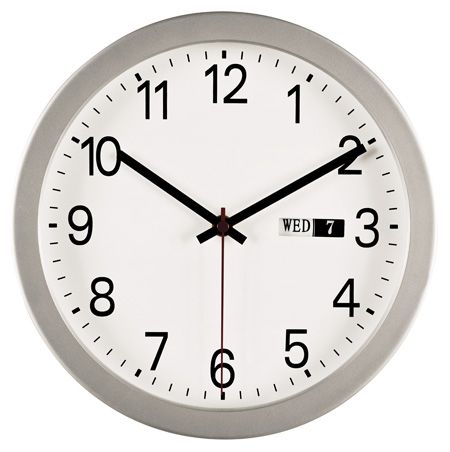
3. Show respect for their time.
That means making appointments more convenient for clients, reducing their waiting time and not rushing them. Nobody minds a five-minute wait or even a 15-minute wait. But remember how ticked off you were the last time you waited 45 minutes to see your physician?
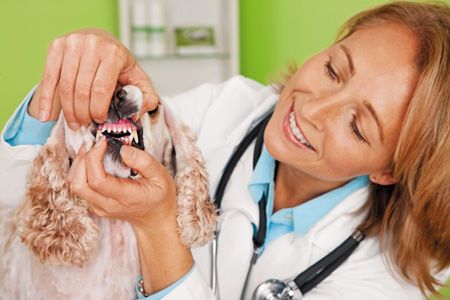
4. Be prepared.
Know what the pet is due for in terms of wellness, such as vaccinations and parasite control products. If you're concerned about compliance issues, have your staff instruct clients to bring all the pet's medications to the wellness exam. You might be surprised to learn that a six-month supply of flea and tick preventive you dispensed nearly a year ago still has three monthly doses left.

5. Show interest.
Say hello to the pet and the client by name. Introduce yourself and shake hands with all new clients. Maintain eye contact and pay attention to your body language. Do they know you're listening? That you're interested? Are they aware that you care?
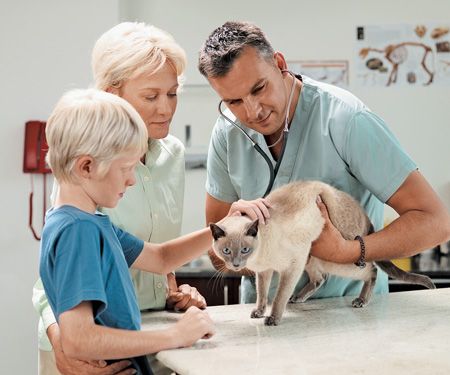
6. Let them talk.
A study published in the Journal of the American Medical Association showed that nearly 75 percent of physicians interrupt their patients' opening statement within 23 seconds. Pay attention to what clients and others in the room say. Sometimes children are more aware of subtleties than dad is. Remember, history and physical exam are the most important part of any evaluation.
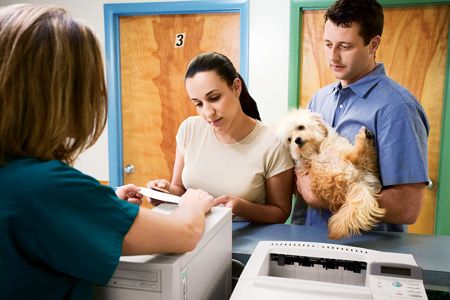
7. Follow through and follow up.
If a test or procedure is worth doing or worth paying for, it's worth reporting it to the client. Make sure at every visit that your staff confirms how to best reach the client. Remember, e-mail and text are good alternatives to a regular phone call.
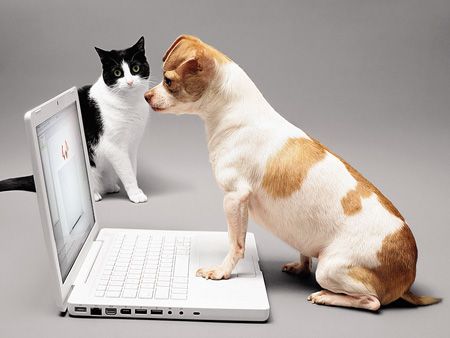
8. Provide added value.
Pet owners should be and want to be involved in their pet's wellness. We know they're going to search the Web. So be aware and direct them to reliable sites you're comfortable with.

9. Be nice.
It doesn't cost a thing. From the moment a client picks up the phone to the moment he or she gets into the car and drives away, every interaction should be positive. Smile! It never fails to make the client and the pet comfortable.
We're all concerned for the human-animal bond, but we shouldn't overlook the value in establishing a secure bond with pet owners as well. The human-human bond is just as important and as valuable to our goal of achieving healthy and happy pets.